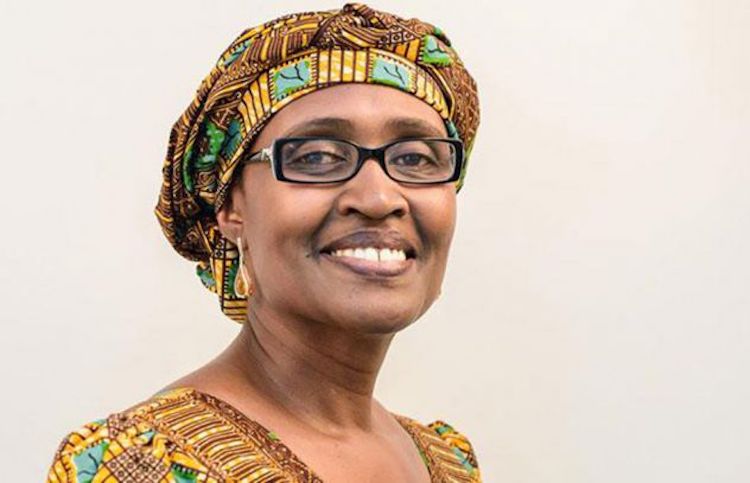By Jaya Ramachandran
GENEVA (IDN) – “The end of AIDS as a public health threat by 2030 is a goal that is within the world’s reach, but I do not underestimate the scale of the challenge ahead,” says Winnie Byanyima, the new Executive Director of UNAIDS. Working with all UNAIDS partners, she will continue to speak up for the people left behind and champion human rights as the only way to end the epidemic.
The United Nations Secretary-General, António Guterres, appointed Byanyima as the UNAIDS head and UN Under-Secretary-General “following a comprehensive selection process” that involved a search committee constituted by members of the UNAIDS Programme Coordinating Board. The UNAIDS Committee of Cosponsoring Organizations made the final recommendation on the appointment to the Secretary-General.
The UN programme dedicated to the elimination of AIDS as a public health threat by 2030, has warmly welcomed Byanyima’s appointment as its new Executive Director. She has more than 30 years of experience in political leadership, diplomacy and humanitarian engagement and in harnessing the power of governments, multilateral agencies, the private sector and civil society to end the AIDS epidemic around the world.
Byanyima has been the Executive Director of Oxfam International since 2013. Prior to that, she served for seven years as the Director of Gender and Development at the United Nations Development Programme (UNDP).
She began her career as a champion of marginalized communities and women 30 years ago as a member of parliament in the National Assembly of Uganda. In 2004, she became the Director of Women and Development at the African Union Commission, working on the Protocol on the Rights of Women in Africa, an international human rights instrument that became an important tool for reducing the disproportionate effect of HIV on the lives of women in Africa.
She holds an advanced degree in mechanical engineering (in energy conservation and the environment) from the Cranfield Institute of Technology and an undergraduate degree in aeronautical engineering from the University of Manchester.
The Joint United Nations Programme on HIV/AIDS (UNAIDS) leads and inspires the world to achieve its shared vision of zero new HIV infections, zero discrimination and zero AIDS-related deaths. UNAIDS unites the efforts of 11 UN organizations—UNHCR, UNICEF, WFP, UNDP, UNFPA, UNODC, UN Women, ILO, UNESCO, WHO and the World Bank—and works closely with global and national partners towards ending the AIDS epidemic by 2030 as part of the Sustainable Development Goals (SDGs).
Since the first cases of HIV were reported more than 35 years ago, 78 million people have become infected with HIV and 35 million have died from AIDS-related illnesses. Since it started operations in 1996, UNAIDS has led and inspired global, regional, national and local leadership, innovation and partnership to ultimately consign HIV to history.
UNAIDS has has an ambitious treatment target – 90-90-90 – to help end the AIDS epidemic:
By 2020, 90% of all people living with HIV will know their HIV status.
By 2020, 90% of all people with diagnosed HIV infection will receive sustained antiretroviral therapy.
By 2020, 90% of all people receiving antiretroviral therapy will have viral suppression.
The UNAIDS Secretariat has offices in 70 countries, with 70% of its staff based in the field, and has a budget of US$ 140 million for 2018. The budget for the Joint Programme for 2018 is US$ 242 million. IDN-InDepthNews – 19 August 2019]
Photo: UN AIDS Executive Director Winnie Byanyima. Credit. UNAIDS
IDN is flagship agency of the International Press Syndicate.
www.facebook.com/IDN.GoingDeeper – https://twitter.com/InDepthNews

